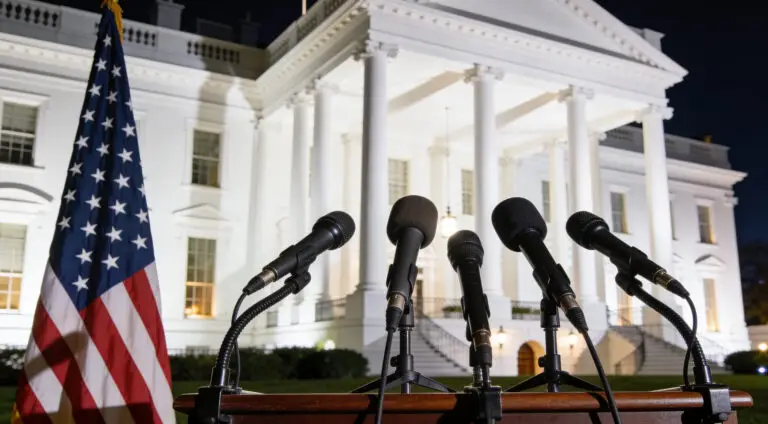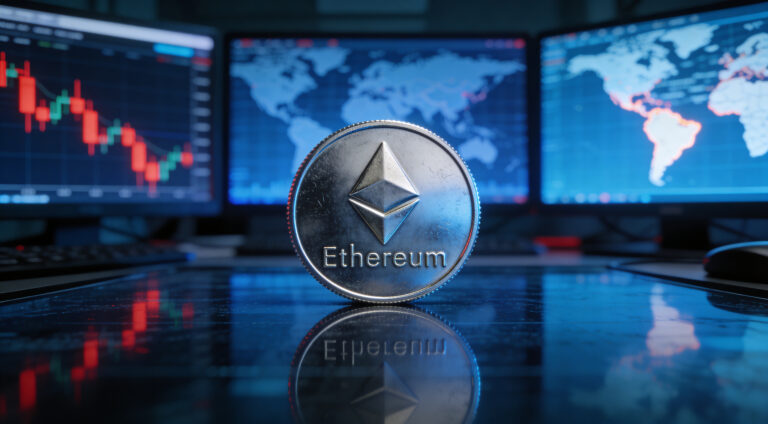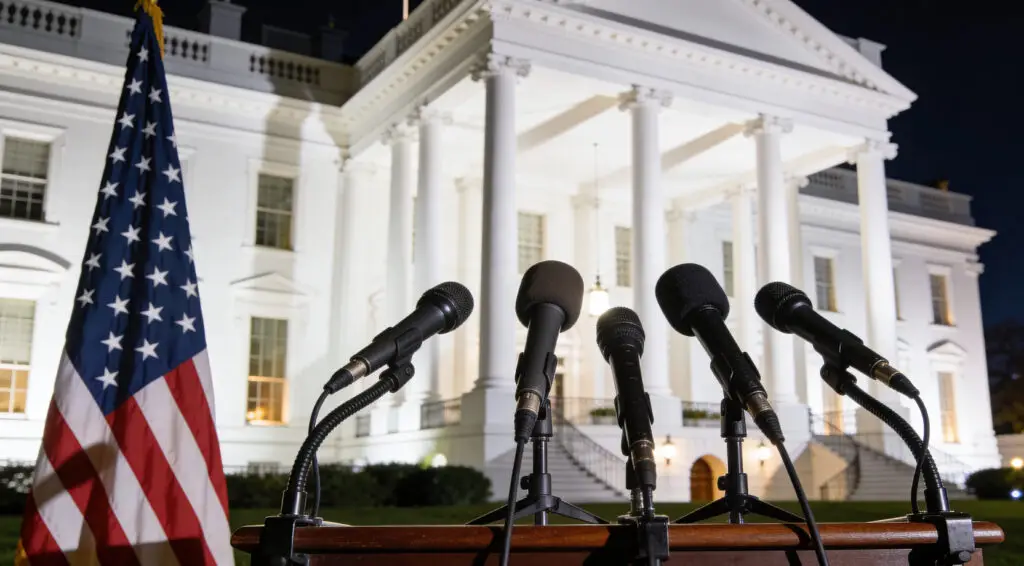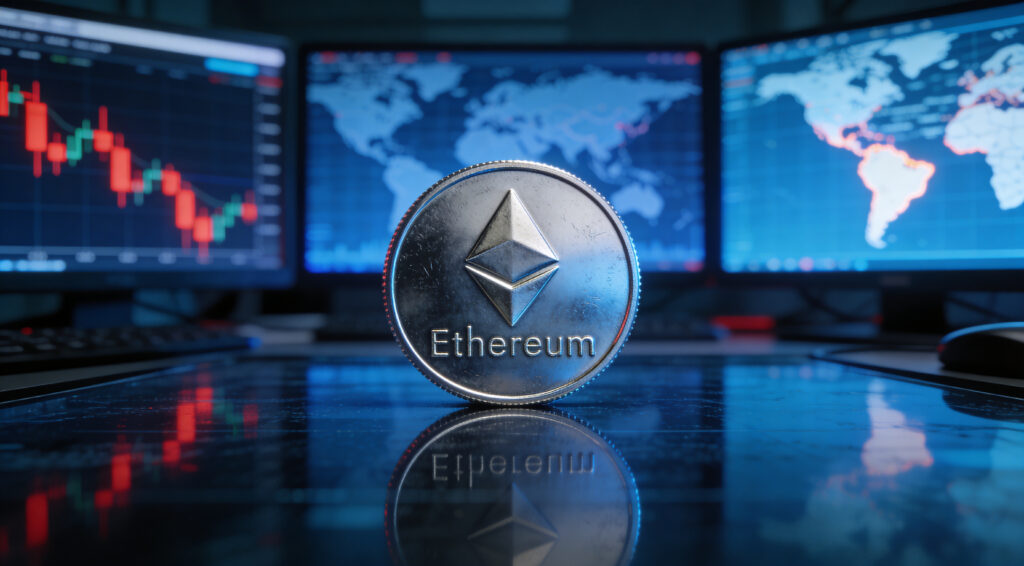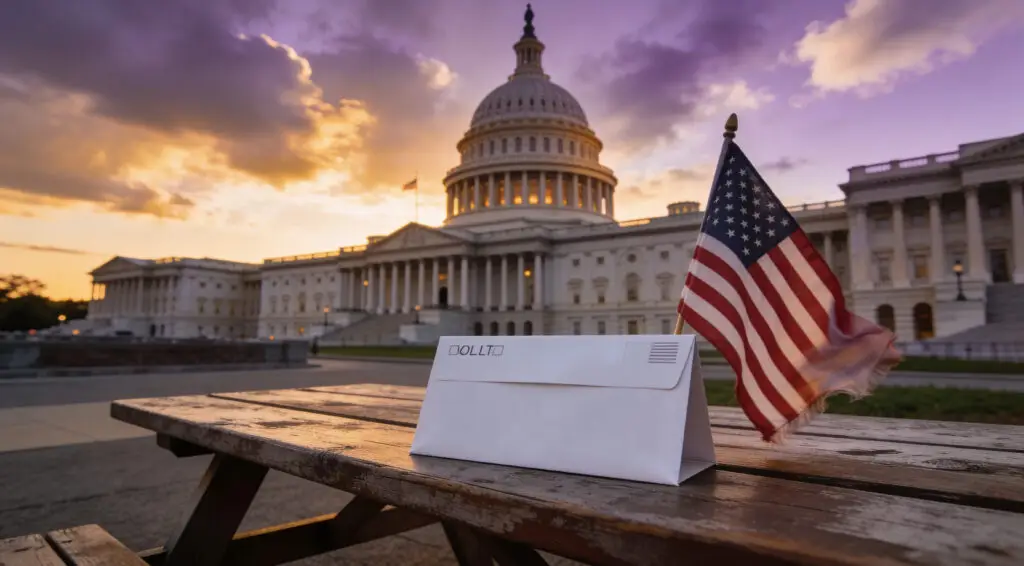Nvidia’s Strategic Reversal in the US-China AI Race
US technology giant Nvidia has announced its intention to soon resume sales of its high-end artificial intelligence (AI) chips to China. This significant development comes after the US government assured the firm that it would grant the necessary licences to restart these crucial exports to the world’s second-largest economy.
The move marks a reversal of a ban on sales of Nvidia’s H20 chips to Beijing, which was initially imposed by US President Donald Trump’s administration in April. This decision is particularly noteworthy, as these chips have been a key focus of export controls aimed at preventing cutting-edge AI technology from reaching Beijing amidst the intensifying AI race between the United States and China.
The H20 Chip and Previous Export Restrictions
The H20 chip, central to this announcement, was specifically developed by Nvidia for the Chinese market. Its creation followed earlier US export restrictions imposed by the Biden administration in 2023, which aimed to limit China’s access to advanced AI semiconductors.
However, the sale of the H20 chip itself was effectively banned by the Trump administration in April of this year, further tightening controls on technology transfer. The reversal of this ban signals a shift in the US approach, allowing Nvidia to re-engage with a critical market for its AI products. The US Department of Commerce has not yet commented on this development.
Easing Trade Tensions Between Beijing and Washington
Nvidia’s announcement coincides with a broader trend of easing trade tensions between Beijing and Washington. In May, the two governments agreed to a temporary truce in their ongoing tariff war, setting an August 12 deadline to reach a longer-term deal over the high tariffs imposed since President Trump’s return to the White House this year.
In recent weeks, there have been other positive signals, including Beijing relaxing trade controls on rare earth exports and the US lifting restrictions on chip design software firms operating in China. These reciprocal gestures indicate a concerted effort by both nations to de-escalate economic friction, creating a more favourable environment for technology trade.
China: A Crucial Market for Nvidia’s Global Strategy
Nvidia has consistently viewed China as an indispensable market for its global operations, with the country ranking among its top buyers worldwide. The ability to sell its high-end AI chips in China is crucial for Nvidia’s revenue and market share. Nvidia’s chief executive, Jensen Huang, has actively engaged in months of lobbying efforts with both US and Chinese officials to advocate for a resumption of H20 chip sales.
During his current visit to China, Mr. Huang reportedly met with President Trump to reaffirm Nvidia’s commitment to job creation and ensuring US leadership in AI worldwide. He also held discussions with Chinese government and industry officials to explore how AI can boost productivity and advance research safely.
Nvidia’s Market Dominance and Valuation
The announcement about resuming sales to China comes shortly after Nvidia achieved a monumental financial milestone. Last week, Nvidia became the first company in the world to reach a market value of $4 trillion (£2.3 trillion).
This staggering valuation underscores Nvidia’s dominant position in the AI chip market and its critical role in the global technological landscape. The ability to re-enter the Chinese market with its advanced AI chips is expected to further solidify its market leadership and contribute to its continued growth, reinforcing its status as a key player in the ongoing global AI race.
The Future of AI Chip Exports and Geopolitical Dynamics
Nvidia’s decision to restart AI chip sales to China, backed by US government licences, represents a complex interplay of economic interests and geopolitical strategy. While the US aims to maintain its technological edge, the economic realities of a crucial market like China cannot be ignored.
This development suggests a potential shift towards a more nuanced approach to export controls, balancing national security concerns with the commercial imperatives of leading technology companies. The ongoing dialogue and agreements between Washington and Beijing will continue to shape the future of AI chip exports, influencing the pace and direction of AI development globally.
Implications for the Global AI Landscape
The resumption of Nvidia’s AI chip sales to China will have significant implications for the global AI landscape. It could accelerate AI development in China, potentially intensifying the competition between the two tech superpowers.
For Nvidia, it means access to a massive market and continued revenue streams, reinforcing its position as the leading provider of AI hardware. For the broader technology industry, it signals a period of cautious optimism regarding international trade and technological collaboration, even amidst underlying strategic rivalries. The coming months will reveal the full extent of this policy reversal and its long-term effects on the global AI race.



